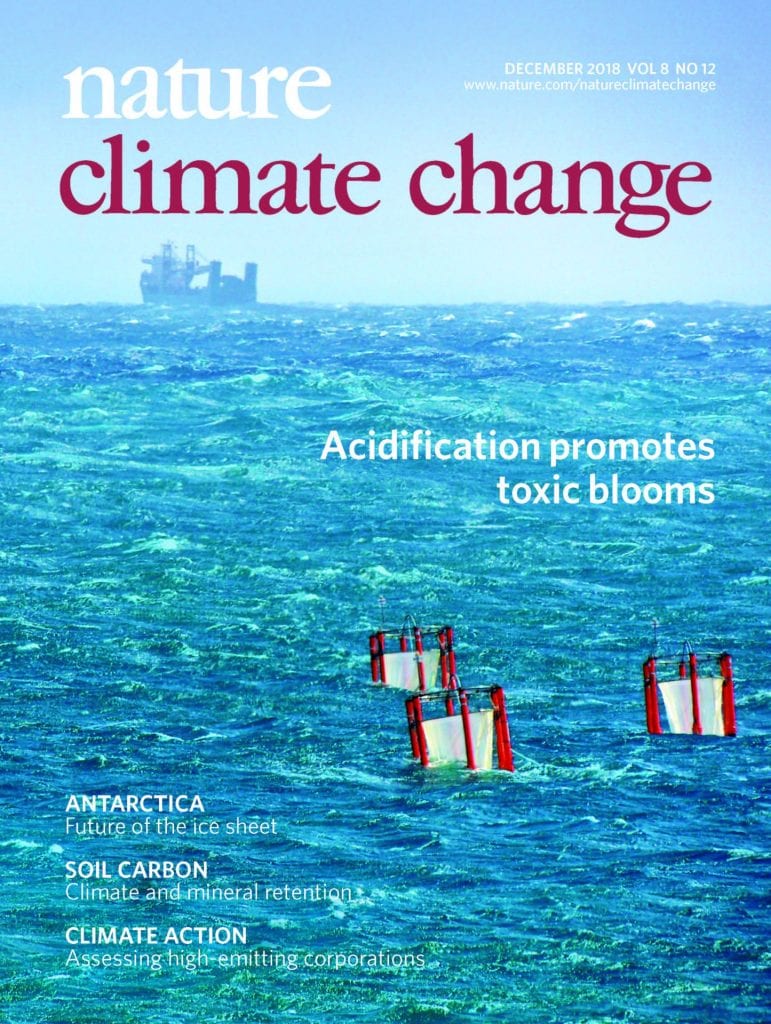Modern science often reduces complex phenomena into component parts to advance knowledge. This “reductionism” in climate science, however, narrows the evidence base and stifles ideas about possible futures, according to a commentary in the December issue of the journal Nature Climate Change.
In “Five Dimensions of Climate Science Reductionism,” Jonathan Rigg and Lisa Reyes Mason assert that science tends to extract climate change from its social and environmental contexts, making climate change a “detached physical process.”
“Pertinent, non-physical evidence is overlooked or underplayed, and the ways in which climate change comes to rest for certain people, in particular places, is neglected,” they write.
“The outcome is that the experience of climate change is simplified, to become a disembodied process acting on an undifferentiated world.”
Rigg is a professor in the Department of Geography at the National University of Singapore (NUS) and director at the Asia Research Center. In January he will join the School of Geographical Sciences at the University of Bristol in the U.K. He is a development geographer interested in understanding the human effects of social, economic and environmental transformations in the Asian region.
Mason, who received her MSW and PhD from the Brown School, is assistant professor and PhD program director at the University of Tennessee, Knoxville. Mason also is faculty director of the Environment and Social Development initiative at the Brown School’s Center for Social Development (CSD), and she is a co-leader of the national Grand Challenges for Social Work initiative to “create responses to a changing environment.”
Rigg and Mason identify five intersecting “reductionisms” in climate science that arise from the marginalization of the social sciences and humanities in climate research and action. “Confronting these reductionisms can lead to a different kind of climate science — one characterized by deep interdisciplinarity, meaningful public engagement and the recognition that global processes have distinct local signatures.”
Rigg and Mason are editors of the forthcoming book “People and Climate Change: Vulnerability, Adaptation, and Social Justice,” from Oxford University Press.
“Climate challenges are multifaceted and require working with whole systems–with large doses of human social interactions in the mix,” CSD Director Michael Sherraden said. “Our message at CSD is that ‘social is fundamental’ even for apparently technical problems like climate change.”
